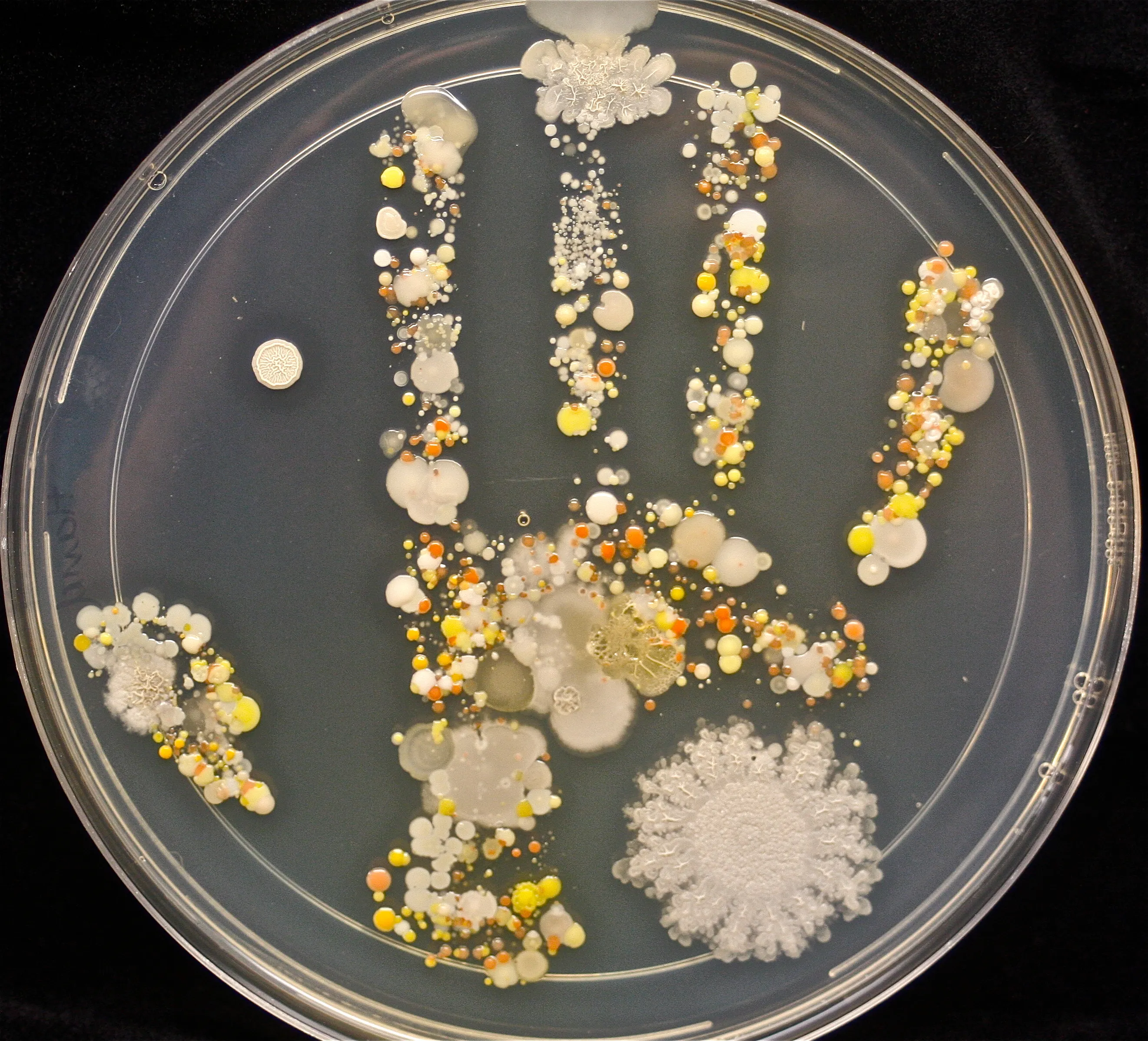What is the Fermi Paradox?
To put it simply, the Fermi Paradox is the question of why we haven't seen any evidence of intelligent life beyond Earth, considering there might be around 100,000,000,000 stars in our galaxy alone.
My Guess
Note: it's a guess, and I'd be more than happy to be wrong.
Life always has some intrinsic attributes that make it logically certain it will kill itself everywhere it exists.
Here's what happens every time:
- In order to exist and evolve, living things must be extremely competitive.
- At some point, some kind of industrial revolution happens.
- It leads to population, waste production and energy consumption skyrocketing.
- It happens so quickly that there is no time for life to evolve to be less competitive.
- Every time it leads to life dying out in their own shit, the same way bacteria do if you put them inside a limited-size petri dish full of perfect food.

What if looking at all the data, there are like 428 times too many of us now to sustain our own existence? What politician would be brave enough to say it, and who would vote for them? What if the only civilization able to survive its own success is the one where single unit sacrifices itself to save the rest? But at the same nature demands us to be greedy to evolve, making such civilization or society logically impossible.
Competition - Necessary Evil
For most of life's history, nature was rather tough on life. Food was never certain; it was often cold, wet, and everything, and you could get killed by some animal bigger than you.
Non-competitve folks are not the ones that survive there. They are the ones that die. So you don't see them anymore.
The Speed Problem
But then suddenly someone figures out how to make a steam engine and other things, and boom, at most 100 years later, suddenly you have McDonald's and stores full of cheap clothes.
But those 100 years, compared to 3,800,000,000 years of life needed to get there, is quite a short time for our instincts that used to be useful to change.
Now every chart looks the same: nothing until ~1900, then it skyrockets. Energy consumption, waste production, usage of limited resources, etc.
Our Nature Problem
Consider bacteria.
You put them in a petri dish and give them unlimited food.
They're like: "Damn, this is so lucky! Let's eat everything and reproduce like crazy! I am sure it will not last forever, so let's hurry up!"
And they do. And suddenly it gets a bit crowded, then extremely crowded extremely quickly, and then you can smell the shit everywhere, and then everyone is dead.
And some last two remaining bacteria have a small talk:
- "If only we could have maintained some balanced growth, we could have a paradise forever!"
- "Absolutely. But how would we decide who would give up the free food and die?"
- "No idea, but it would have to be them, not us."
Now, are we, humans, that much different?
And if we’re not different, maybe it is very understandable. Nature kicks your ass for billions of years, making it an obvious choice to be greedy, and then suddenly you expect everyone to change in 100 years.
Maybe that's the exact reason no one is out there in the universe right now?
There were some civilizations before, and there will be some after us, but it's like:
1 billion years of silence, then they invent the radio, then they spam space with it for a few hundred years, then it's silent again.
Even if there are thousands of civilizations like that, it is extremely unlikely for two of them to pop up at the exact time and distance from each other needed for their signals to reach each other exactly while they're alive.
Conclusion
There is some tragic loop at play here.
Nature is tough on life. It produces life but forces it to be greedy, so it is. Then suddenly and rapidly it wins the game using some metal machines and it can have it all. So it wants it all and takes it, and then there is nothing left.
A final word
This is just my exploration, not some sort of idea “how the world would be?”.


